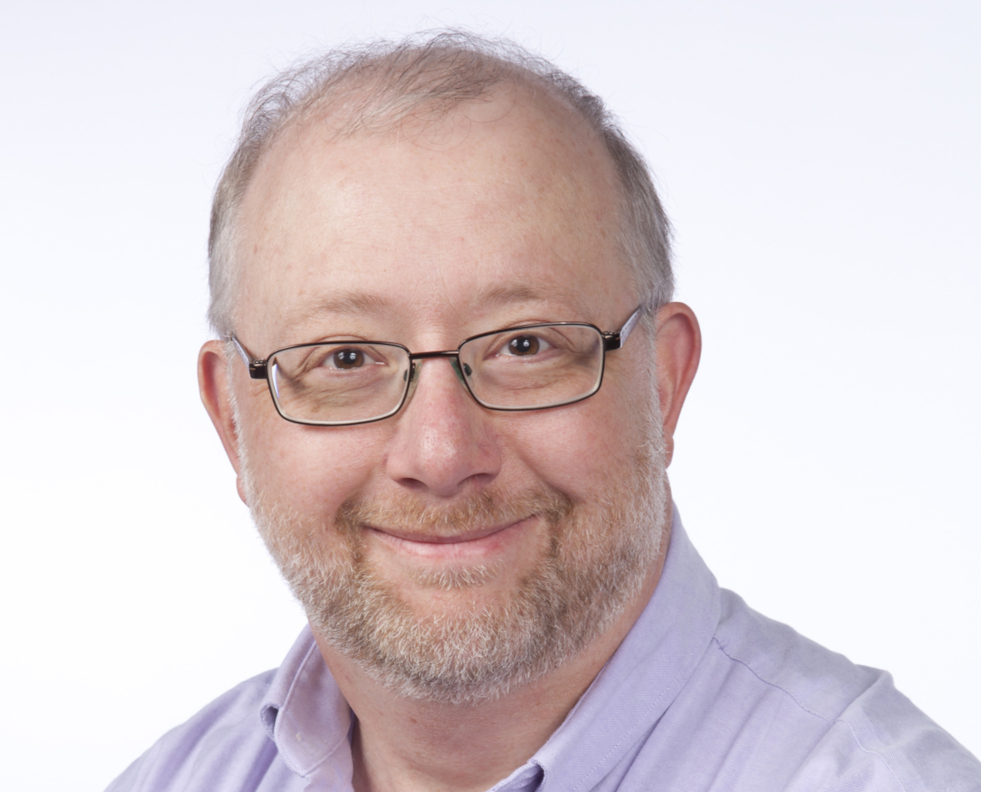Lakehead University research team receives funding to explore the Midcontinent Rift
August 24, 2020 – Thunder Bay, Ont.
A Lakehead University researcher is receiving $300,000 from the Natural Sciences and Engineering Research Council of Canada and $150,000 from Clean Air Metals Inc. (TSXV:AIR) to investigate the mineralized intrusions of the Thunder Bay North igneous complex, part of the 1.1 billion-year-old Midcontinent Rift.
Dr. Pete Hollings, a Geology professor and the department’s chair, will examine a portion of the nearly 3,000 km rift in the earth’s surface that nearly split apart North America to aid Clean Air Metals in its exploration efforts at the Escape Lake and Thunder Bay North deposits.
This project will compare the mineralized intrusions of the Thunder Bay North igneous complex with barren and weakly mineralized intrusions. Three Master of Science students, three honours Bachelor of Science students, and one post-doctoral fellow will complete an integrated research program over three years, working closely with the geological team at Clean Air Metals and Dr. Derek Wilton from Memorial University on three key objectives.
“My team and I will characterize how and when the rocks formed and investigate how the key metals made their way into the various intrusive units found within the property,” Dr. Hollings said.
“By doing this we will develop new models that can be applied to help Clean Air Metals drive their exploration program.”
This research will allow Dr. Hollings and his team to build a holistic model for the deposits that Clean Air Metals can use to enhance their exploration efforts and hopefully assist with mineral production.
“This study will utilize fundamental geological mapping and logging of drill core combined with state-of-the-art analytical techniques to characterize the intrusive history of the mineralization at Thunder Bay North,” he said.
“By doing so we will train young researchers in the key skills necessary for a successful career in the geosciences, whether in academia, government or industry.”
Dr. Hollings said the discovery and development of new mineral resources is critical to the well-being of Northern Ontario’s economy, and this project will lead to greater efficiencies in that process.
“This project will contribute significantly to our understanding of the processes that form high grade zones within magmatic nickel, copper and platinum systems and develop tools that can be applied by Canadian companies to aid in generating future discoveries,” he said.
Dr. Andrew P. Dean, Lakehead’s Vice-President, Research and Innovation, thanked NSERC and Clean Air Metals for funding this important research.
“I would be remiss if I didn’t also thank Dr. Hollings and his team for all of their hard work and dedication. This research is a great example of fundamental science leading to applied results in economic geology.”
Abraham Drost, CEO of Clean Air Metals Inc. states that “we at Clean Air are very pleased to support the geology research program at Lakehead University.
“Our field office is in Thunder Bay and our Company benefits directly from the high calibre of Lakehead graduates that we have hired as employees. To the extent that the upcoming research program could contribute to economic discoveries at the Thunder Bay North Property, the Company's investment, multiplied by the Federal Government's NSERC contribution is a vote of confidence in the mineral potential of the area,” he said.
In 2019/20, Lakehead University will receive nearly $2 million in assistance from the Research Support Fund to support the indirect costs of research, which includes costs for supporting the management of intellectual property, research and administration, ethics and regulatory compliance, research resources, and research facilities.
– 30 –
Media: For more information or interviews, please contact Brandon Walker, Media, Communications and Marketing Associate, at mediarelations@lakeheadu.ca.
Lakehead University is a fully comprehensive university with approximately 9,700 full-time equivalent students and over 2,000 faculty and staff at two campuses in Orillia and Thunder Bay, Ontario. Lakehead has 10 faculties, including Business Administration, Education, Engineering, Graduate Studies, Health & Behavioural Sciences, Law, Natural Resources Management, the Northern Ontario School of Medicine, Science & Environmental Studies, and Social Sciences & Humanities. In 2019, Maclean’s 2020 University Rankings, once again, included Lakehead University among Canada’s Top 10 primarily undergraduate universities, while Research Infosource named Lakehead 'Research University of the Year' in its category for the fifth consecutive year. Visit www.lakeheadu.ca.
Dr. Pete Hollings


